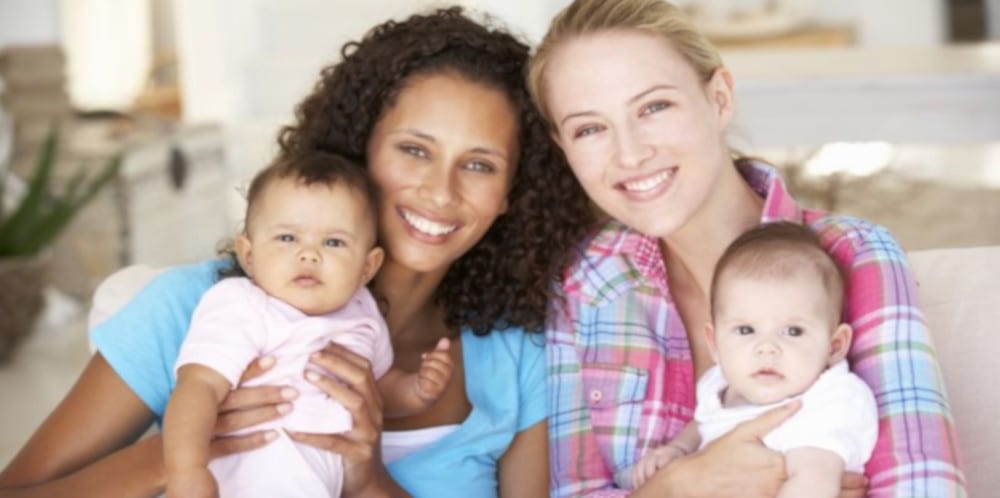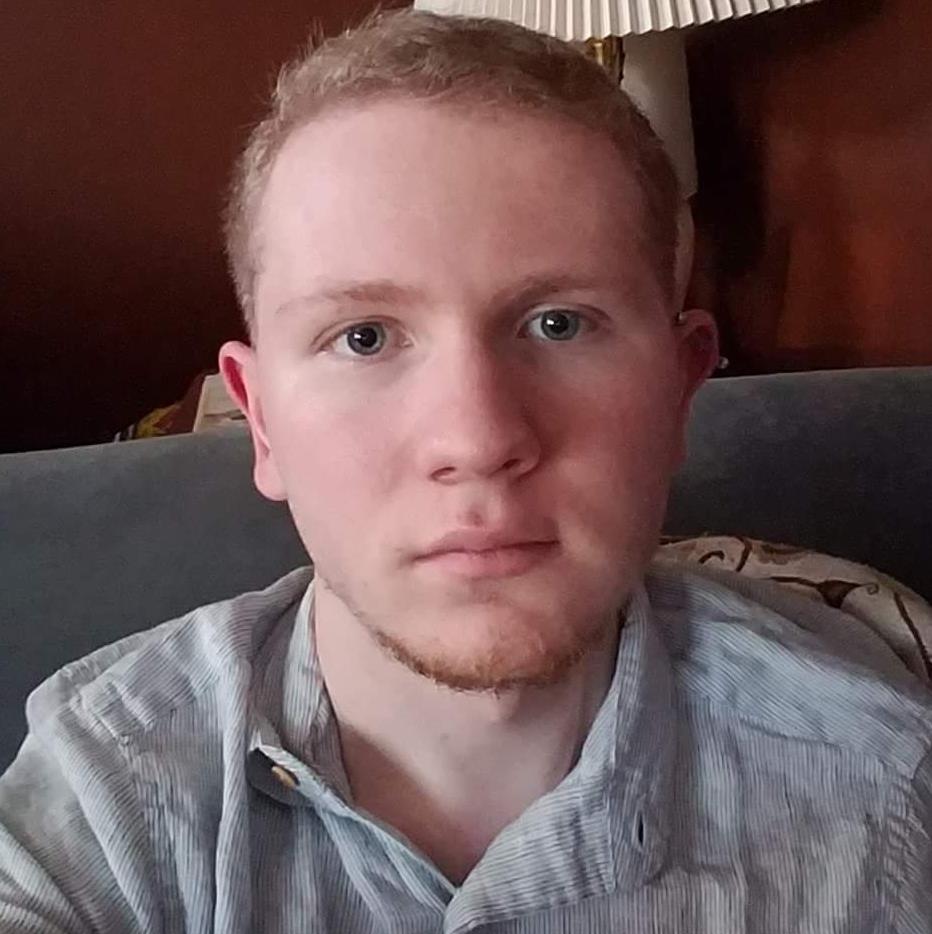
Over 400,000 children are in foster care in the United States but only 12.5% of that number get adopted through the child welfare program, and about 5% age out before they could be placed with a family. It stands to reason that because such a small amount of children get adopted that adoption agencies would want to place children with a loving family that will take care of them regardless of the potential parents’ sexuality. Sadly this is not the case as many faith-based adoption agencies deny same-sex couples the right to adopt and, in fact, there has been an increasing number of bills that would make it easier for adoption agencies to legally discriminate based on one’s sexual orientation, according to NBC.
In 2003, the first law that allowed adoption agencies to turn away same-sex couples was passed in North Carolina. Since then, similar laws in Alabama, Kansas, Michigan, Mississippi, Oklahoma, South Dakota,Texas, and Virginia have been passed to allow faith-based adoption agencies to legally discriminate against LGBTQ people. Currently, there are bills in Arkansas, Colorado, South Carolina, and Tennessee circulating that would achieve what the aforementioned eight states have in legalizing discrimination.
I’ve already written about Tennessee so I won’t be going into detail about that state but I’ll discuss the others.
In Colorado, HB 1140, also known as the “Live and Let Live Act” failed but if it were to be passed, it would have prevented the state of Colorado from punishing adoption agencies that turned down people due to their sexuality.
In Arkansas, SB 352 would allow adoption agencies to receive government contracts despite refusing service to LGBTQ people. This seems inconsistent with the federal anti-discrimination laws (or maybe not; sexual orientation isn’t a protected class) we have in place, but since discrimination against LGBTQ people isn’t banned statewide in Arkansas, adoption agencies can still receive government aid.
Perhaps worst of all, a waiver issued in January by the Department of Health and Human Services in South Carolina that permits adoption agencies in the state that receive government money to refuse to follow nondiscrimination requirements. Luckily, one woman was cognizant enough to realize that such discriminatory practices shouldn’t go unchecked – even though she only started caring after she was denied service because of her religion, not sexual orientation. Growing up in such a liberal state (Jersey proud!), bills like these are completely unfathomable to me but unfortunately, they are very real.
Aimee Maddonna is a heterosexual woman who is married to a man and a mother of three who resides in South Carolina. She was seeking to become a foster parent because Miracle Hill, the largest adoption agency in South Carolina, had a program that would allow two of her children, both of which have special needs, to volunteer with foster children with similar needs. She said that everything was going well until she had to mention the name of the church she attends for reference. She mentioned the name of a Catholic Church and was promptly told that she and her husband will no longer be considered for the foster program.
She commented that she was devasted and “as a Catholic” she never thought she would be affected. She then had a revelation when she said, “If we don’t protect the rights of everybody, it’s going to trickle down and affect you at some point.” It’s unfortunate that she only realized that discrimination against LGBTQ people by a religious organization can have a broader negative impact when it happened to her, but at least she recognized that discrimination against anyone is harmful to not only the group being discriminated against. Perhaps I’m being too harsh, but I need more people to realize what Maddonna did before it’s too late and we live under some weird theocracy, although that is very unlikely to occur. Even so, the fact that there is an increase in discriminatory bills is frightening to me and hopefully to many others so that they can be halted before it gets too bad.
________________________________________________________________________
h/t: NBC

